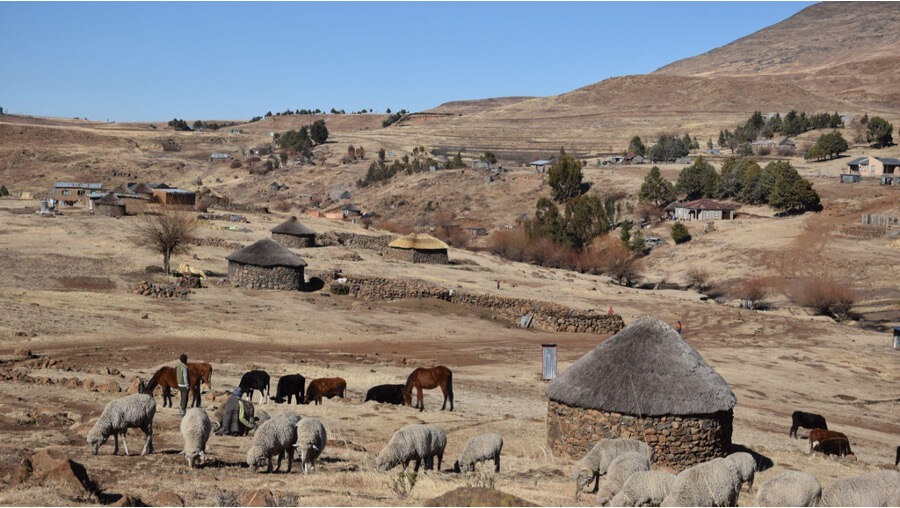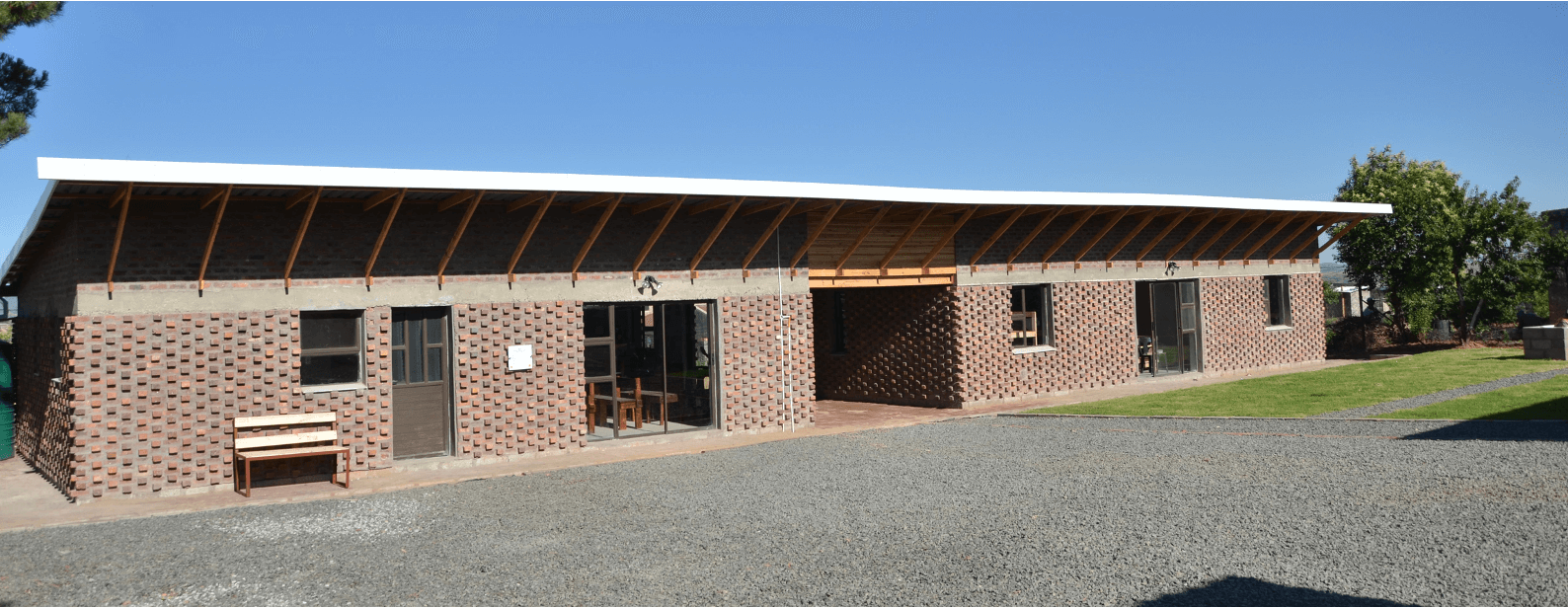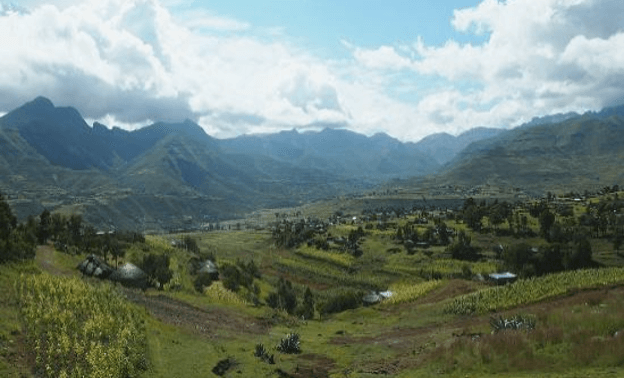Travel the world and experience different cultures while earning AU credit
Work-integrated learning opportunity in Lesotho open to architecture, heritage resource management, business, and computer science students at Athabasca University
Athabasca University (AU) undergraduate students will have the chance to travel to southern Africa and earn undergraduate course credit with a funded trip in November 2024.
Veronica Madonna, an assistant professor with the RAIC Centre for Architecture in AU’s Faculty of Science and Technology, is the project lead. She and her colleagues received a $300,000 grant from Global Skills Opportunity, which will cover most of the cost of travel for all students who participate. The project will be run with the Lesotho-based not-for-profit organization Relationships Inspiring Social Enterprise (rise).
“The students will gain a learning-by-doing experience by applying knowledge gained in the classroom to the field,” she said. “It will provide a unique opportunity to study and work in Lesotho and strengthen global competency in environment, social, and economic prosperity in the overarching theme of regeneration.”
Students in the architecture, heritage resources management, business, and computer science programs can get undergraduate course credit for this work-integrated learning project, whether they travel to Lesotho or take part virtually.
The 2024 trip is the second of two visits funded through the grant; a business component was added after organizers saw the opportunity for students to support local entrepreneurs during the 2023 trip.
“We recognized a really wholistic opportunity for the Faculty of Business to bring in learning opportunities and collaborations opportunities in Lesotho, as there were many social enterprises or entrepreneurships that were kicking off,” Madonna said.

Studying abroad an ‘incredible’ experience
Students who participated in 2023 spoke in glowing terms about their experiences.
Heritage Resources Management student Stephanie Collins has a family and a job so she could not join the trip in person but appreciated the opportunity to take part virtually.
“This allowed me to work on the Heritage Resource Management group part of the project and gain real experience working on gathering information about a real heritage building and working on a team,” she said.
Andrei Albu, a computer science student, said one of the things that stood out most from the in-person experience was the chance to learn about both his chosen field and about Lesotho’s culture and society.
“What made this experience truly special was the chance to interact and engage with local students who shared similar interests and passions,” he said.
Adrian Organowski, who took part in project virtually, described it as an invaluable experience being able to collaborate with peers and be exposed to different perspectives.
“The hands-on experience of tackling genuine issues during meetings and problem-solving sessions is unparalleled,” he said. “This program has the potential to transform both your perspective on architecture and your broader outlook on the world, provided you keep an open mind!”

Working with local partners in Lesotho
The work in Lesotho is being coordinated by the AU project leads in collaboration with rise international and students in Lesotho.
Daniela Gusman, founder and executive director of rise, said the organization focuses on economic development through job creation, skills development, and entrepreneurship, particularly in the built environment.
The organization’s program has two focuses: helping vulnerable communities get much-needed infrastructure, and running fellowship programs for young entrepreneurs who have finished studying the built environment, but don’t have work experience.
“Our vision is to have an Africa where vulnerable youth transform from job seekers to job creators and we are delighted to be partnering with Athabasca University on this program, which will give Basotho students the opportunity to interact with students from Canada and build lifelong connections,” she said.
AU students will work with members of this fellowship program, called in loco, as well as with architecture students from Limkokwing University, computer science students from Botho University, and heritage studies students from the National University of Lesotho.

Apply for work-integrated learning in Lesotho
All students who take part will have their direct costs—travel and accommodation—covered by the grant. Some students may also be eligible for additional funding to cover indirect costs, such as dependent care and course tuition.
The deadline to apply for the November 2024 project is June 7, 2024. There will be about 15 spots available to participate in person, and limitless opportunities to participate virtually.
More information about the project, and how students can participate, is available in a previously recorded information session with project organizers.
Apply to participate in the 2024 Lesotho work-integrated learning opportunity online.